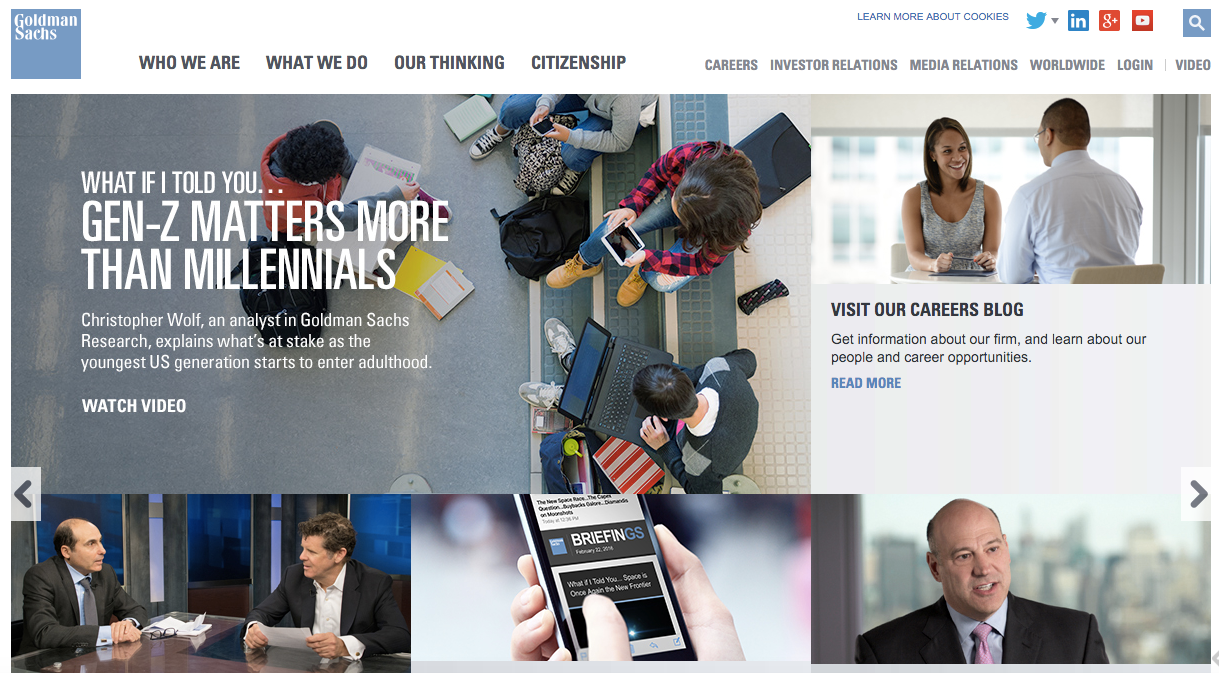FeeX: The Robin Hood of (Investment) Fees
Investment fees can literally suck hundreds of thousands of dollars out of your retirement accounts over your lifetime.
What makes this even more aggravating is that as investors, we aren’t even aware of some of the fees we pay because fund managers have gone through such lengths to obfuscate them.
FeeX bills itself as the “Robin Hood of Fees” and Erik Laurence, the company’s VP of Marketing and Business Development, joins us to talk about why minimizing fees is so important for investors and what we can do about it long term to improve our investing returns. Thanks to Molly O’Brien, FeeX USA’s Marketing and Community Manager who joined us as well for this interview.
About Erik
 Erik Laurence is the Vice President of Marketing and Business Development for FeeX.
Erik Laurence is the Vice President of Marketing and Business Development for FeeX.
Listen to the FULL episode
Resources mentioned in the podcast
- FeeX
- The Hidden Dangers of 401(k) fees (The Center of American Progress)
- Hidden, excessive 401(k) fees costs Americans $155,000 (DEMOS)
Even more resources
Photo credit: Kurayba / VisualHunt.com / CC BY-SA
Getting good advice (finally) for your 401k — with Chris Costello
Why is it so hard to know what to do with your 401k? Why is it hard to understand what you’re invested in and get advice on how to improve it?
Chris Costello, co founder of Blooom, joins Zack Miller on the Tradestreaming Podcast to discuss retirement planning and investing and how his firm is addressing the problem with an easy-to-use, affordable investing tool.
Listen to the FULL episode
About Chris
 A co-founder at Blooom, Chris has been working with clients and building portfolio allocations for almost two decades. He also co-founded and runs another investment advisory firm managing over $500 million for clients.
A co-founder at Blooom, Chris has been working with clients and building portfolio allocations for almost two decades. He also co-founded and runs another investment advisory firm managing over $500 million for clients.
Resources mentioned in this podcast
- Blooom (Chris’s company)
- Blooom’s blog
Even more resources
Successful investment advice for retirement assets — with Brian Murphy
Getting good investment advice for your retirement portfolios isn’t easy and the industry doesn’t make an investor’s work any easier in this respect.
Brian Murphy, CEO and Co-founder of Kivalia, has found a better way. Through an innovative use of crowdsourcing, he’s able to determine the investment universe within any given retirement plan. From there, investors receive periodic retirement advice from Kivalia.
And the results speak for themselves. Brian joins us on Tradestreaming Radio to discuss the struggles investors face when investing for retirement, how the market is changing, and the resources people can use to improve their investing results.
Listen to the FULL interview
About Brian Murphy
![]() Brian is the CEO and Co-founder of Kivalia. He also runs Registered Investment Advisory firm, Pariveda.
Brian is the CEO and Co-founder of Kivalia. He also runs Registered Investment Advisory firm, Pariveda.
Learn more
Even More Resources
401(k) “re-enrollments”: Nudging employees to make bad decisions
Far be it from me to argue with behavioral economist, Richard Thaler (Nudge was awesome, bro) but 401(k) re-enrollment is only good for the sponsors of such plans like T. Rowe Price ($TROW).
The WSJ is reporting this morning on a growing trend for employers to choose something called “re-enrollment” for their employees’ retirement plans. It goes like this:
Employees have the options of sticking with their current investment selection, if it’s still offered, or choosing another mix. But in a re-enrollment, unless the participant specifically opts out, his or her 401(k) will be re-allocated to the company’s chosen default investment.
Thaler was concerned that employees don’t have enough time/brainspace to make better decisions so it sounds like he likes this approach
“Many [participants] never change their asset allocation or contributions over their working lifetime, meaning that their asset allocation as they get older can be quite different than the one they intended,” says Richard Thaler, professor of economics at the University of Chicago Booth School of Business
Listen, I’m all for nudging children towards better eating habits by the strategic placement and display of such foods in school cafeterias but forcing employees to a made-up allocation for exposure to the stock market…well, not only is that paternalistic, that’s just bad investing.
Digging deeper into target date funds
I understand where the companies are coming from. The data show that rarely — if ever — do employees change their asset allocations. Fine — but what target date funds do is determine exactly how much allocation investors in such funds should have to the market. The hope is that returns will be X over a certain time period (the target date).
But guess what? These things always had too much exposure for most investors to the broad stock market and remain badly markets, explained and disclosed (and that’s the dig by industry rag, Morningstar). Another market plummet and wham, a lot of employees who didn’t even realize they had been re-enrolled will wake up with a lot less $$ in their retirement accounts.
The truth is that target date funds are a flawed product for a genuine problem: helping guide retirement investors to make better decisions. The answer isn’t ensuring they max out on equity allocations.
Only thing this is good for is the stocks of the mutual fund companies who run 401 (k) plans. This smacks of being “the industry solution” for the vast build-up of cash in most retirement accounts.
Well, O retirement investor, consider yourself (re)warned.
As for actionable investment ideas? I’d love to see exactly how much cash there is on the sidelines and expectations for re-enrollment. This could be a good catalyst for Franklin ($BEN) and T. Rowe Price ($TROW) as this cash gets crammed into mutual funds.
Read more
- Your employer knows best. Perhaps. (WSJ)
- New Problems with 401(k) Target Date Funds (Institutional Investor)
- A new 401(k) default? Moving money into target funds (Nudge Blog)
- Morningstar 2010 Target Date Fund Survey (Morningstar)











